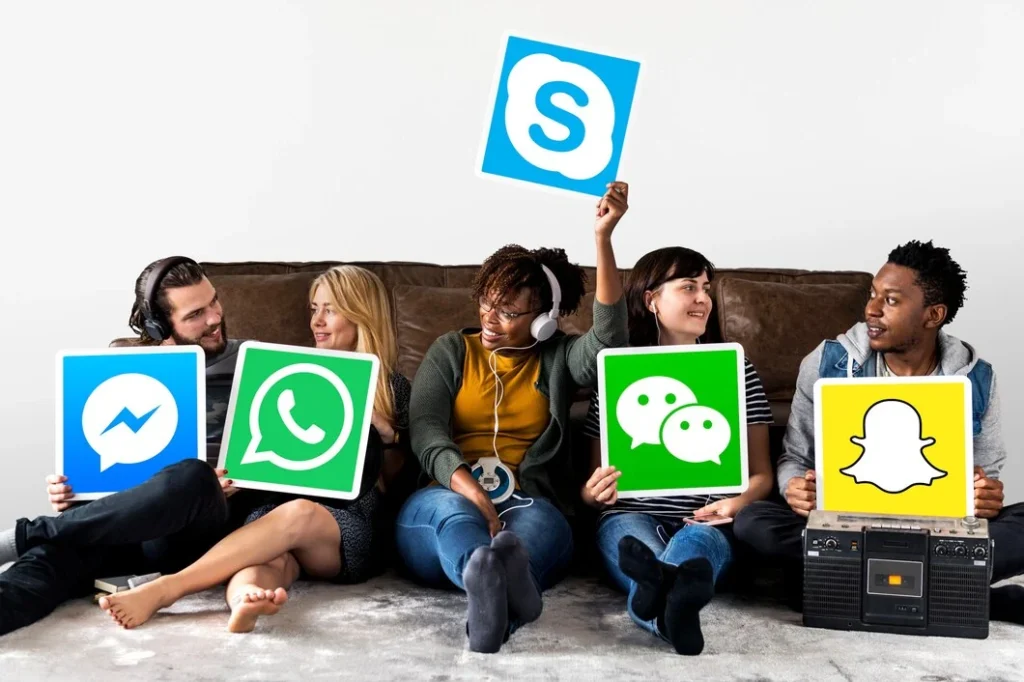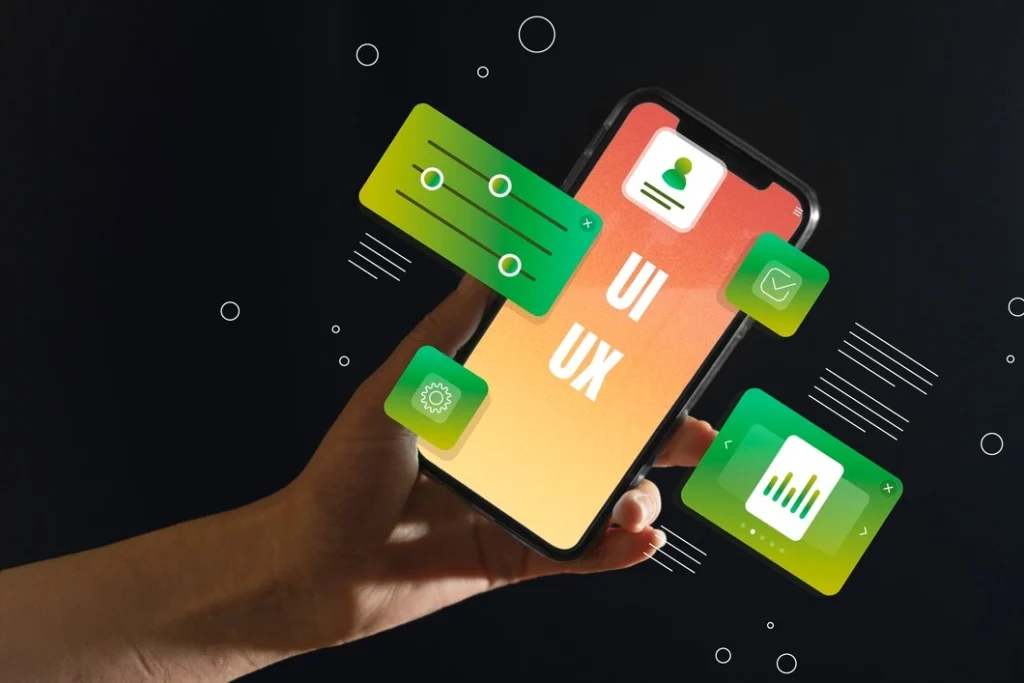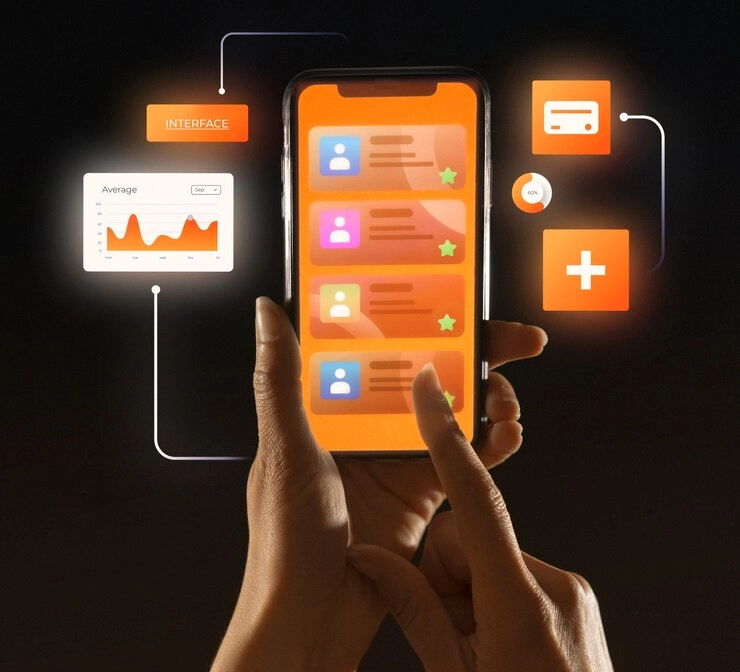Keeping up with customer communication on different platforms can be tough in the ever-evolving landscape of the digital marketing world. That’s where WhatsApp marketing automation comes in.
By integrating it with social media apps, you can create a seamless experience that helps you stay connected with your audience, no matter where they are. Imagine being able to respond to a comment on your Instagram post with an automated WhatsApp message—streamlined, efficient, and powerful.
Let’s dive deeper into how integrating WhatsApp automation with social media platforms can create a marketing strategy that works effortlessly, improving customer relationships and driving your business forward.

What is WhatsApp Marketing Automation?
At its core, WhatsApp marketing automation is all about using technology to simplify communication. Instead of manually responding to each message, automation tools allow businesses to automatically send out replies, reminders, updates, and even promotional content.
Picture this: A customer is browsing your Instagram feed, likes what they see, and sends you a message asking for more information. Without automation, you’d have to personally respond to every inquiry. But with WhatsApp marketing automation, the message can instantly trigger an automatic WhatsApp message with all the details they need. This cuts down your workload while keeping the customer engaged.
Key features of WhatsApp marketing automation include:
- Scheduled Messages: Automatically send messages at the right time without manual effort.
- Personalized Responses: Tailor messages based on customer behavior or interaction history.
- Broadcast Lists: Send bulk messages to large groups of customers in seconds.
- Chatbots: Automate conversations for common inquiries like order updates or product information.
WhatsApp marketing automation allows businesses to handle customer inquiries more efficiently, ensuring that no message goes unanswered. This is especially important in the competitive landscape, where customers expect fast and responsive communication.
Why Integrate WhatsApp with Social Media?

Now that you know how WhatsApp automation works, the next logical step is to integrate it with your social media platforms. Why? Because social media is where your customers are spending their time. Whether it’s browsing products on Facebook, finding brands on Instagram, or interacting with businesses on LinkedIn, social media is often the first point of contact for many customers.
By integrating WhatsApp with social media, you can create a consistent, connected experience for your audience. Here’s how this can play out:
- Customer Interaction: A customer comments on your Facebook ad asking for product details. Instead of responding through Facebook, you can immediately send them a WhatsApp message with the information they need.
- Faster Responses: Customers no longer have to wait for a reply through social media comments. WhatsApp allows for faster, more personal communication, leading to improved satisfaction.
- Cross-Platform Communication: Social media and messaging apps serve different purposes, but together, they offer a holistic communication experience. Social media is great for browsing, while WhatsApp provides a direct, conversational approach.
Social Media Platforms That Work Best with WhatsApp Integration

Not all social media platforms are created equal when it comes to integrating with WhatsApp. Some lend themselves more naturally to this type of integration. Let’s see the top platforms for connecting WhatsApp automation:
1. Facebook
Facebook is a massive platform with over 2.8 billion monthly users. By integrating WhatsApp with Facebook Messenger, you create a system where customer conversations flow smoothly between the two platforms. For instance, a customer sees an ad for your product on Facebook, clicks to learn more, and instantly receives a WhatsApp message from your automation system with detailed product information or a special offer.
Facebook’s connection with WhatsApp allows for:
- Lead Nurturing: Convert potential customers who interact with your Facebook posts or ads into active WhatsApp conversations.
- Seamless Communication: Customers can move from Facebook Messenger to WhatsApp without losing the conversation’s context.
2. Instagram
Instagram is another powerhouse platform, especially for brands in visually-driven industries like fashion, beauty, and food. Many businesses already use Instagram DMs for customer communication, but integrating WhatsApp adds an extra layer of immediacy and personalization.
Some of the best ways to use WhatsApp with Instagram include:
- Handling Direct Messages: Automatically transition from Instagram DMs to WhatsApp for deeper conversations.
- Order Updates: If a customer buys a product through an Instagram ad, WhatsApp can send real-time updates on shipping or delivery.
- Customer Support: Answer product questions or provide support without customers needing to switch apps.
3. LinkedIn
While LinkedIn is a professional network, B2B companies can use WhatsApp to follow up on professional inquiries. For example, if a potential client engages with your LinkedIn post or contacts you via LinkedIn, your automation system can trigger a WhatsApp message for further communication.
4. Twitter
While Twitter may not seem like the go-to platform for WhatsApp integration, it can be used effectively, especially for customer support. For example, brands can automate the process of responding to Twitter mentions or direct messages, guiding customers to continue the conversation on WhatsApp for more detailed inquiries or support.
Key Benefits of WhatsApp-Social Media Integration

Now that we’ve covered the platforms, let’s dive into the specific benefits of integrating WhatsApp automation with social media:
1. Better Engagement Across Platforms
When you integrate WhatsApp with social media, you create a more engaging experience for your customers. Imagine a customer sees an Instagram ad, clicks on it, and is immediately contacted on WhatsApp with additional product information. This interaction feels personal, immediate, and relevant.
2. Time Efficiency
Instead of juggling multiple platforms, WhatsApp automation consolidates your messaging, saving you and your team time. Automated responses on WhatsApp mean customers never wait too long for a reply, regardless of which social media platform they start on.
3. Higher Conversions
When customers receive timely, relevant information through WhatsApp after interacting with your brand on social media, they’re more likely to convert. Whether it’s completing a purchase or signing up for a service, this combination of touchpoints helps move them down the sales funnel.
4. Seamless Customer Support
By integrating WhatsApp with social media, businesses can provide seamless customer support. Customers can reach out through Twitter or Facebook, and businesses can automatically transfer the conversation to WhatsApp for faster, more efficient support.
The Best Tools for WhatsApp Marketing Automation and Social Media Integration

There are several tools available that make the integration of WhatsApp automation with social media platforms easy and efficient. Here are some of the best tools you can use for your marketing strategy:
1. WATI
WATI (WhatsApp Team Inbox) offers a comprehensive solution for businesses that want to automate their WhatsApp communication. It’s particularly useful for small to medium businesses looking for affordable WhatsApp marketing automation solutions. WATI integrates well with social media platforms like Facebook and Instagram, allowing businesses to easily move conversations from social media to WhatsApp.
Some key features of WATI include:
- Pre-built message templates for customer interactions.
- Multi-agent access, so your team can manage conversations seamlessly.
- API integration with various social media platforms to ensure smooth workflow automation.
2. Twilio
Twilio is one of the most powerful platforms for businesses looking to integrate WhatsApp with social media and other channels. Twilio allows businesses to manage conversations from WhatsApp, Facebook Messenger, and Instagram all in one place, making it ideal for brands with large customer bases.
With Twilio, you can:
- Automate messages across multiple platforms using one unified system.
- Set up complex workflows that engage customers through various channels.
- Track customer interactions and analyze performance metrics for continuous improvement.
3. AiSensy
AiSensy is another fantastic tool for WhatsApp automation that integrates seamlessly with social media. This platform is particularly focused on offering businesses the tools they need to personalize customer communication across WhatsApp and other social platforms.
Key features include:
- WhatsApp broadcast messaging for bulk communication.
- Pre-designed chatbot templates for handling customer queries.
- Integration with Facebook and Instagram for cohesive customer engagement.
4. Respond.io
Respond.io provides businesses with a simple yet effective way to manage customer conversations across WhatsApp, social media platforms, and other messaging channels. It’s a great choice for businesses looking to provide omnichannel customer service.
Features of Respond.io include:
- Centralized inbox for managing conversations across WhatsApp, Instagram, and more.
- Automated workflows that allow businesses to respond to customer inquiries faster.
- Analytics to track engagement, response times, and customer satisfaction.
Step-by-Step Guide to Setting Up WhatsApp Marketing Automation for Social Media

Integrating WhatsApp automation with social media platforms might seem daunting at first, but it’s easier than you think if you break it down into steps. Here’s a simple guide to help you get started:
1. Choose the Right Platforms
Start by identifying the social media platforms where your audience is most active. Whether it’s Facebook, Instagram, or LinkedIn, knowing where your customers spend the most time will help you choose the right integration strategy.
2. Set Up WhatsApp Business API
To automate WhatsApp communication, you need to set up WhatsApp Business API. This allows businesses to use automation tools for messaging and customer support. Depending on your business size and needs, you can choose tools like WATI or Twilio to connect the API to your social media accounts.
3. Create Automation Workflows
Once the API is set up, create automation workflows that respond to customer interactions on social media. For example, if someone comments on your Facebook ad asking for more information, you can set up a workflow to automatically send them a WhatsApp message with the details.
4. Monitor and Adjust Automation
It’s important to track the performance of your WhatsApp automation. Are customers receiving timely responses? Are they engaging with the messages? By monitoring these metrics, you can make adjustments to improve the system and ensure that it meets your goals.
Real-Life Success Stories: How Businesses Are Using WhatsApp and Social Media Integration
Several businesses have already realized the power of combining WhatsApp automation with social media platforms. Here are a few real-life examples of how companies have benefitted from this strategy:
1. Hellmann’s
Hellmann’s, the well-known food brand, used WhatsApp automation in Brazil to engage with customers during a campaign called “WhatsCook.” They encouraged users on social media to send pictures of the ingredients they had at home via WhatsApp. Hellmann then used automation and real-time communication to provide personalized recipes. This clever use of WhatsApp integrated with social media led to higher engagement, with more than 13,000 users participating in the first phase alone.
2. Absolut Vodka
Absolut Vodka successfully ran a WhatsApp campaign integrated with social media in Argentina. As part of a promotion for a limited-edition bottle, Absolut used WhatsApp automation to allow customers to enter an exclusive party by sending creative messages to a fictional character, Sven. This campaign began on social media platforms like Facebook and Instagram and directed users to WhatsApp, where the conversation unfolded. This unique, engaging interaction helped Absolut Vodka generate massive interest and increased brand awareness.
3. Adidas
Adidas used WhatsApp as part of its “Rent-A-Pred” campaign, allowing soccer players to borrow its Predator soccer shoes for a game. The campaign started with social media ads and directed players to WhatsApp, where they could sign up for the rental program. By integrating WhatsApp with its social media strategy, Adidas created a buzz among athletes and soccer fans, showing the power of combining these platforms for both marketing and customer service
Common Challenges and How to Overcome Them

While integrating WhatsApp automation with social media is beneficial, there are a few challenges businesses might face along the way. Let’s look at some of the common obstacles and how to overcome them:
1. API and Integration Limitations
Not all social media platforms offer seamless API integration with WhatsApp. To solve this, use tools like Twilio or WATI that bridge the gap between WhatsApp and social media apps, ensuring smooth communication without limitations.
2. Customer Privacy Concerns
When dealing with multiple platforms, customer privacy is a significant concern. To overcome this, ensure that your business complies with regulations like GDPR and that all data exchanges between WhatsApp and social media platforms are encrypted and secure.
3. Message Overload
Customers don’t want to feel overwhelmed with too many messages. Avoid over-automating by setting sensible limits on how often customers receive messages and by ensuring that each communication offers real value. Use personalized, context-driven messages rather than generic content.
Let’s Summarize
Integrating WhatsApp marketing automation with social media apps can provide a highly effective way to streamline your customer communication and improve engagement. By connecting these platforms, you can offer faster, more personal interactions that lead to higher conversions and better customer satisfaction. Whether you’re a small business just getting started or a large enterprise looking to optimize your customer service, combining WhatsApp automation with social media is a strategy worth exploring.





